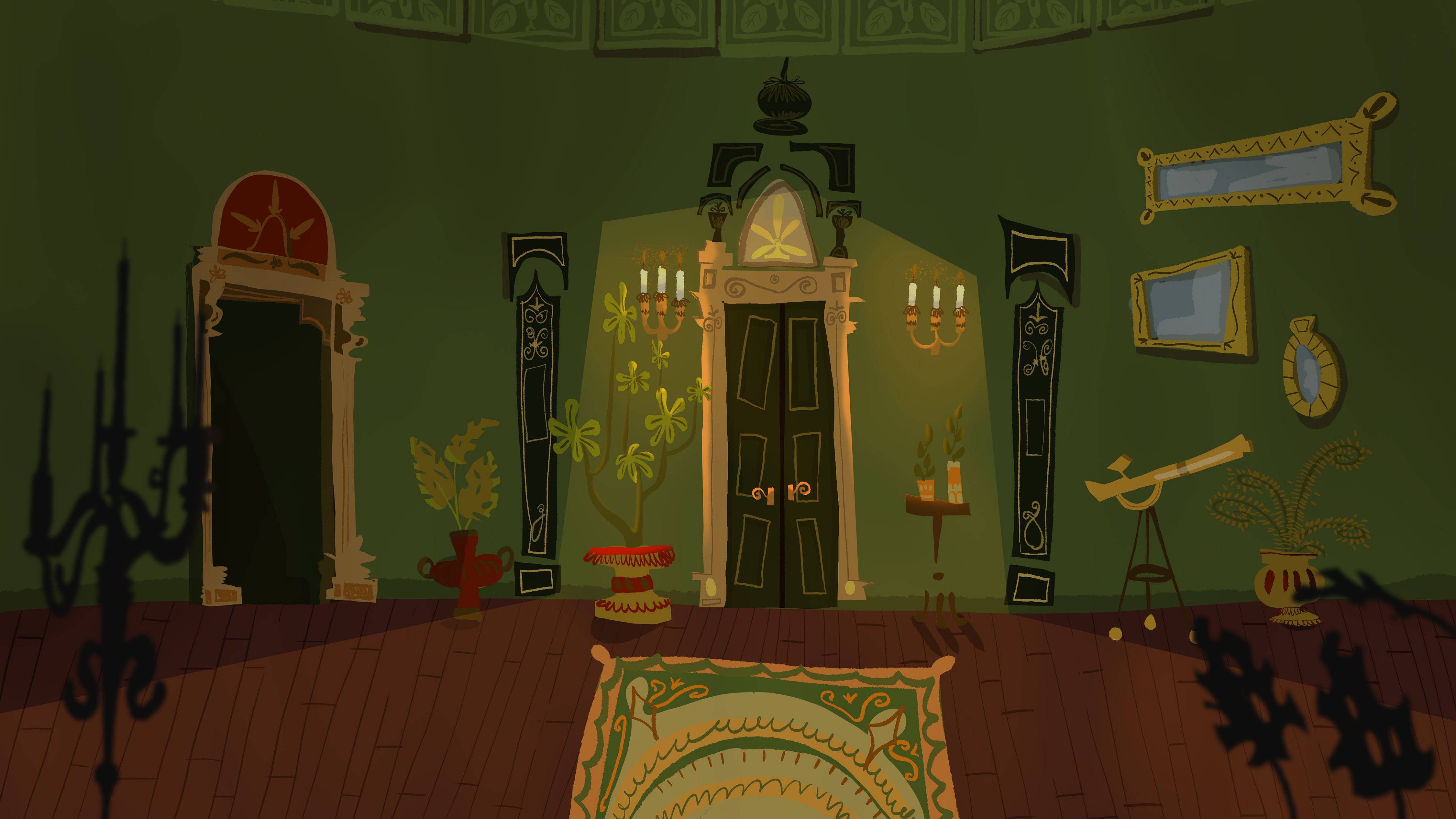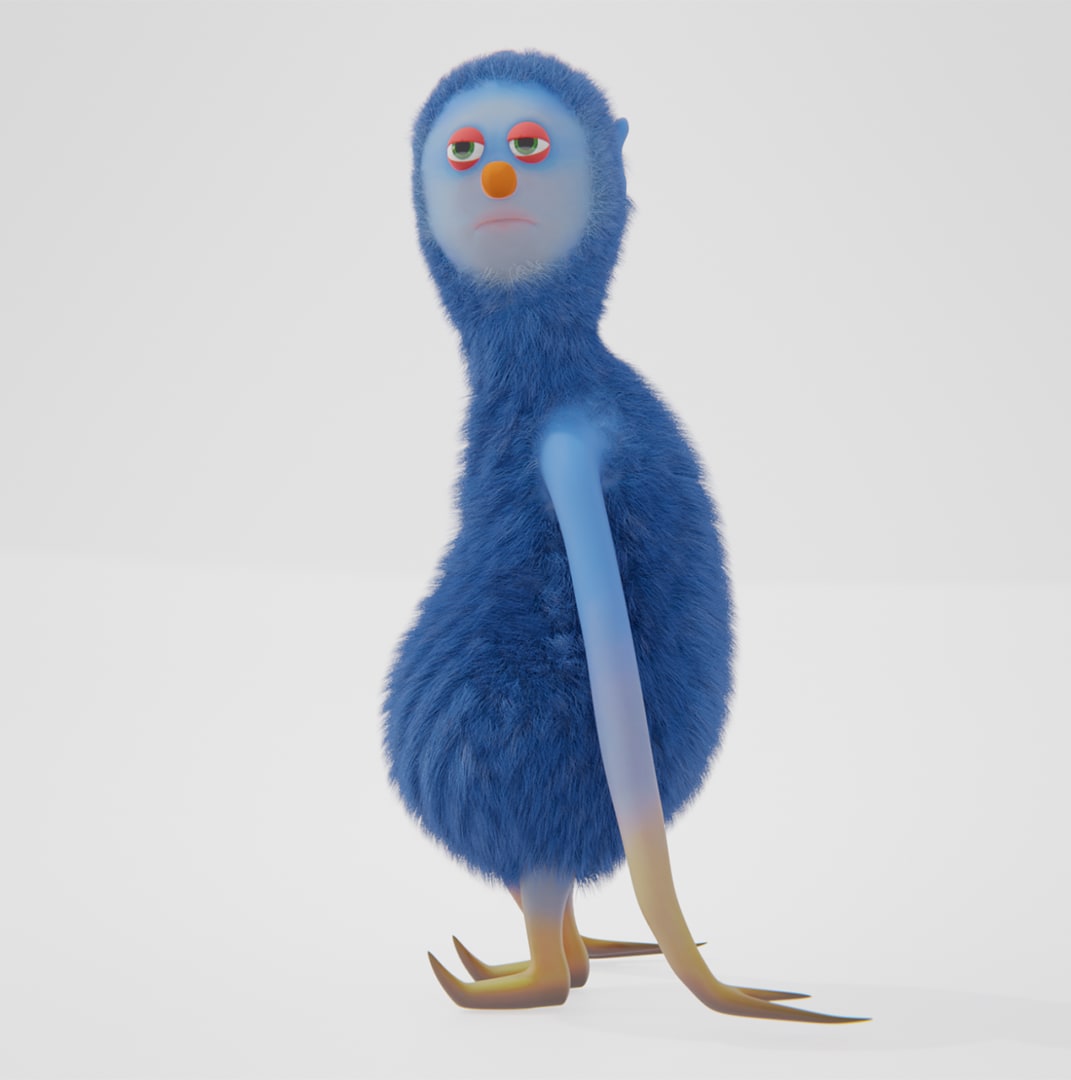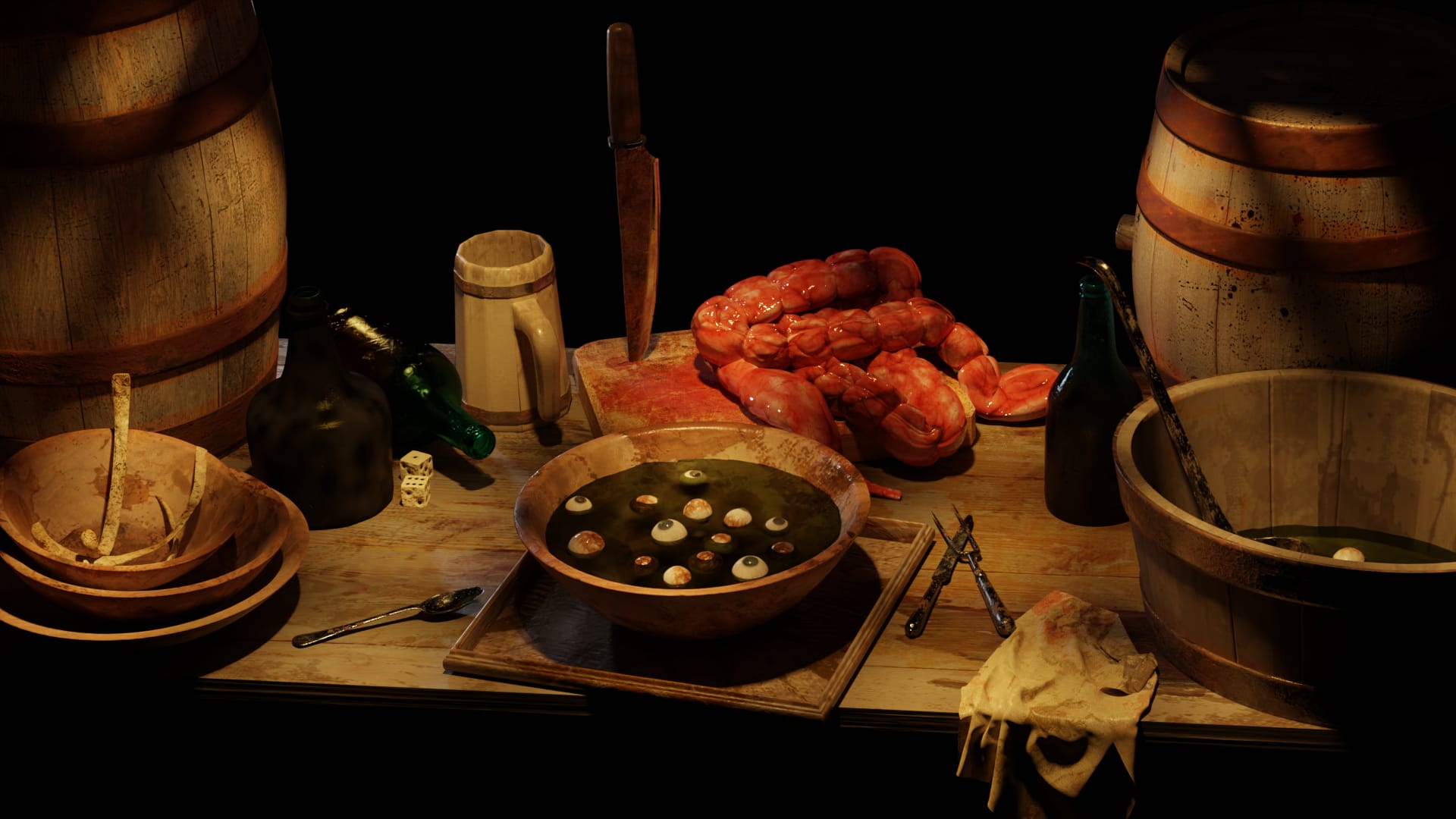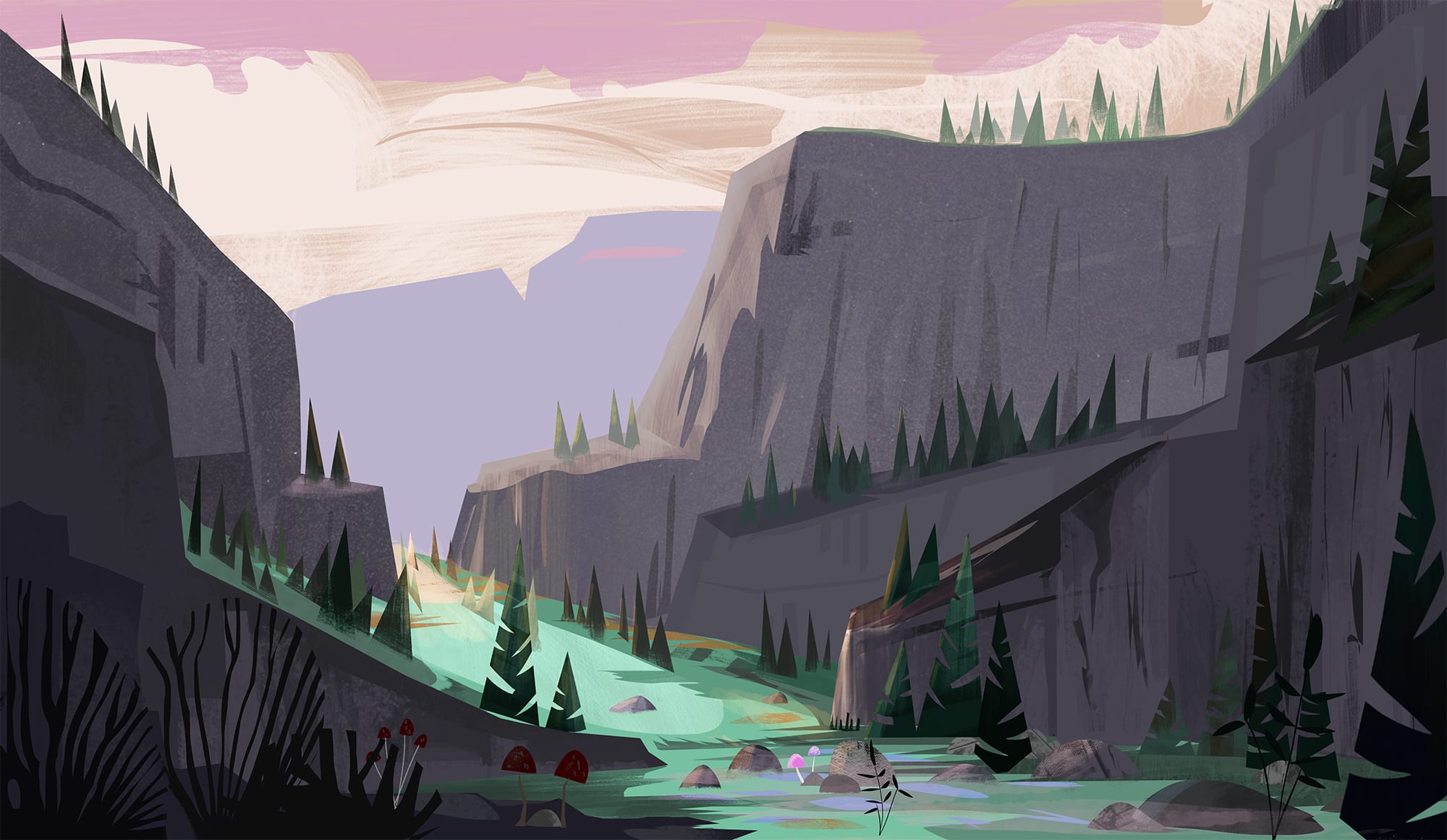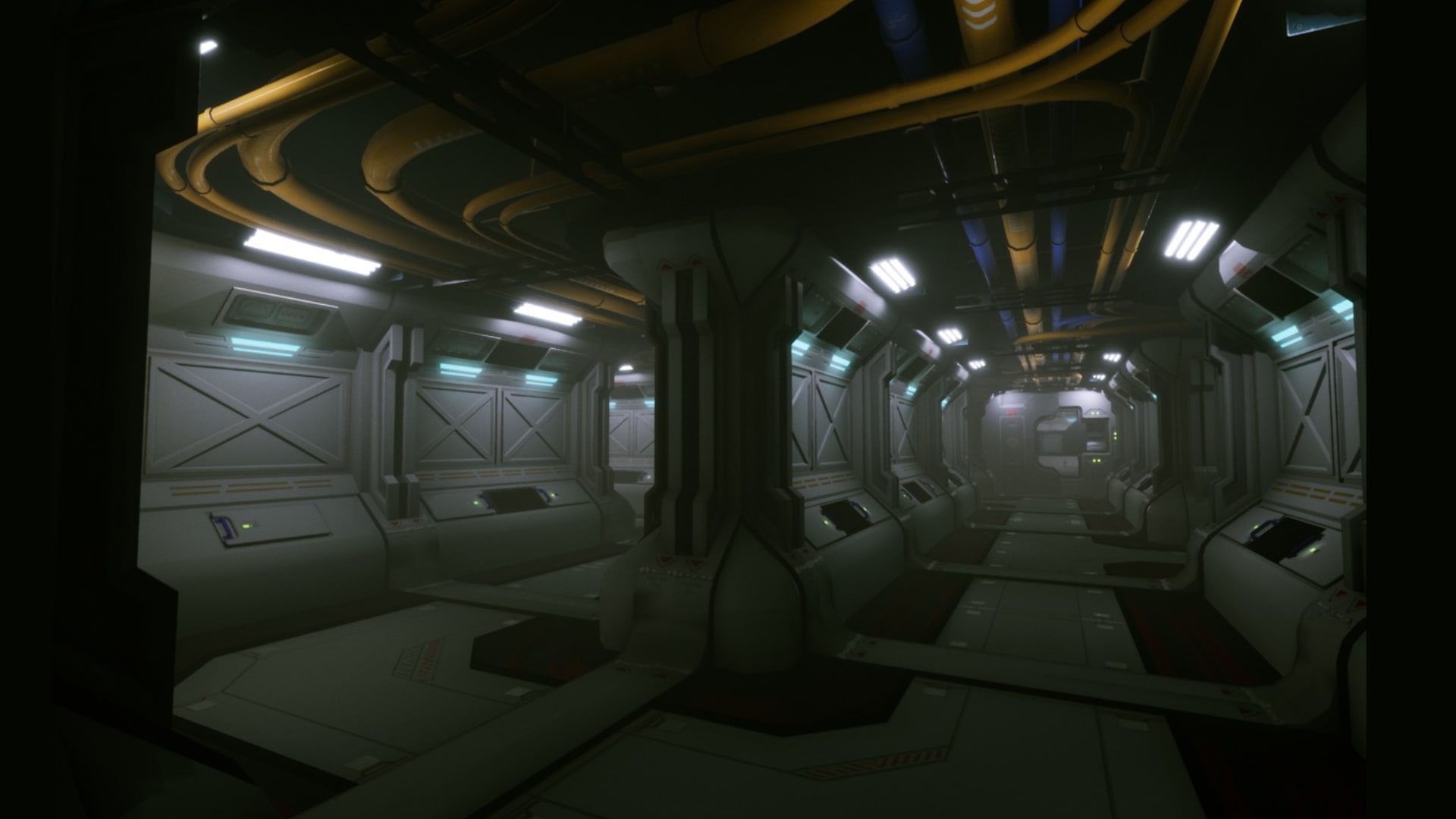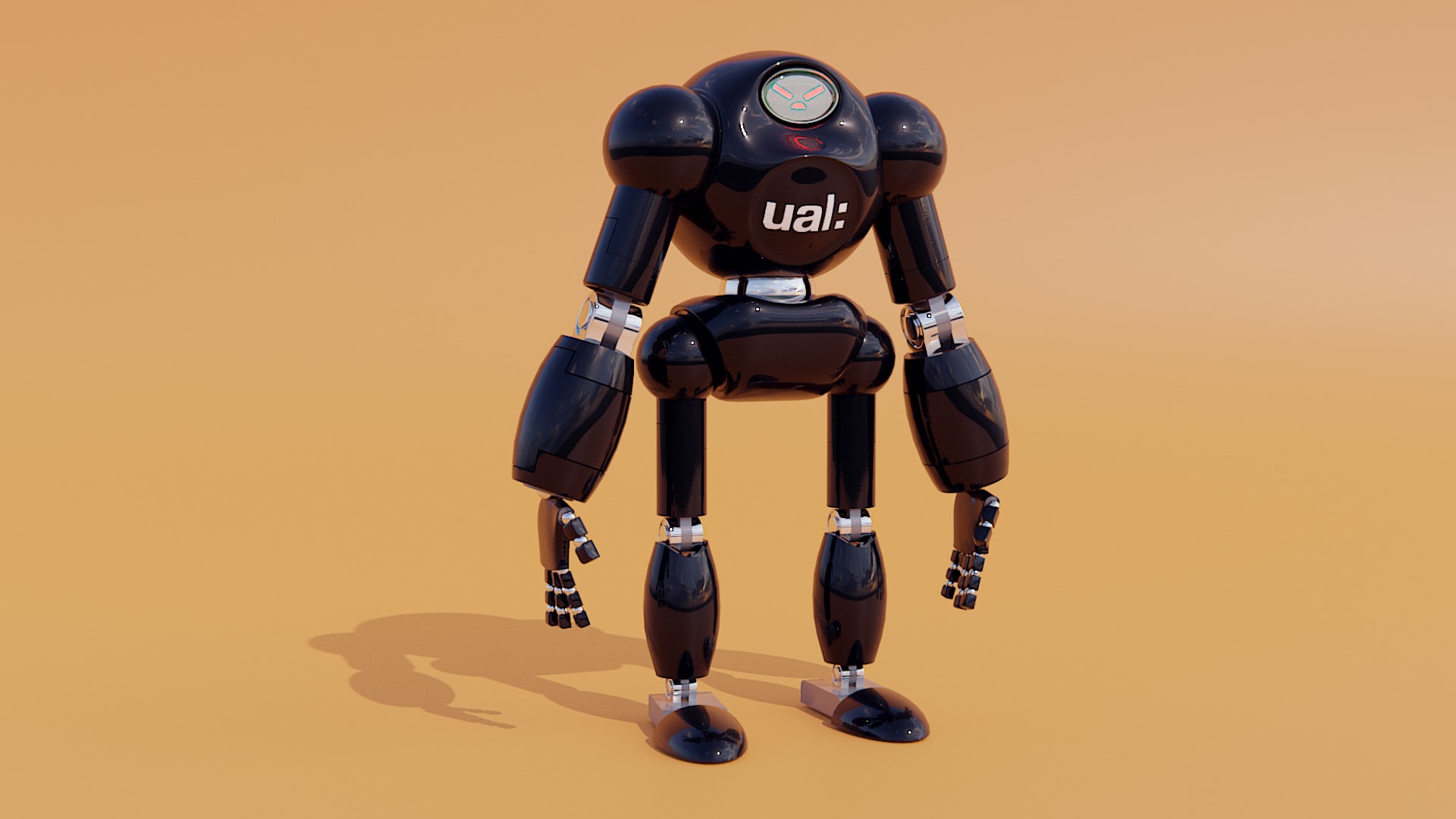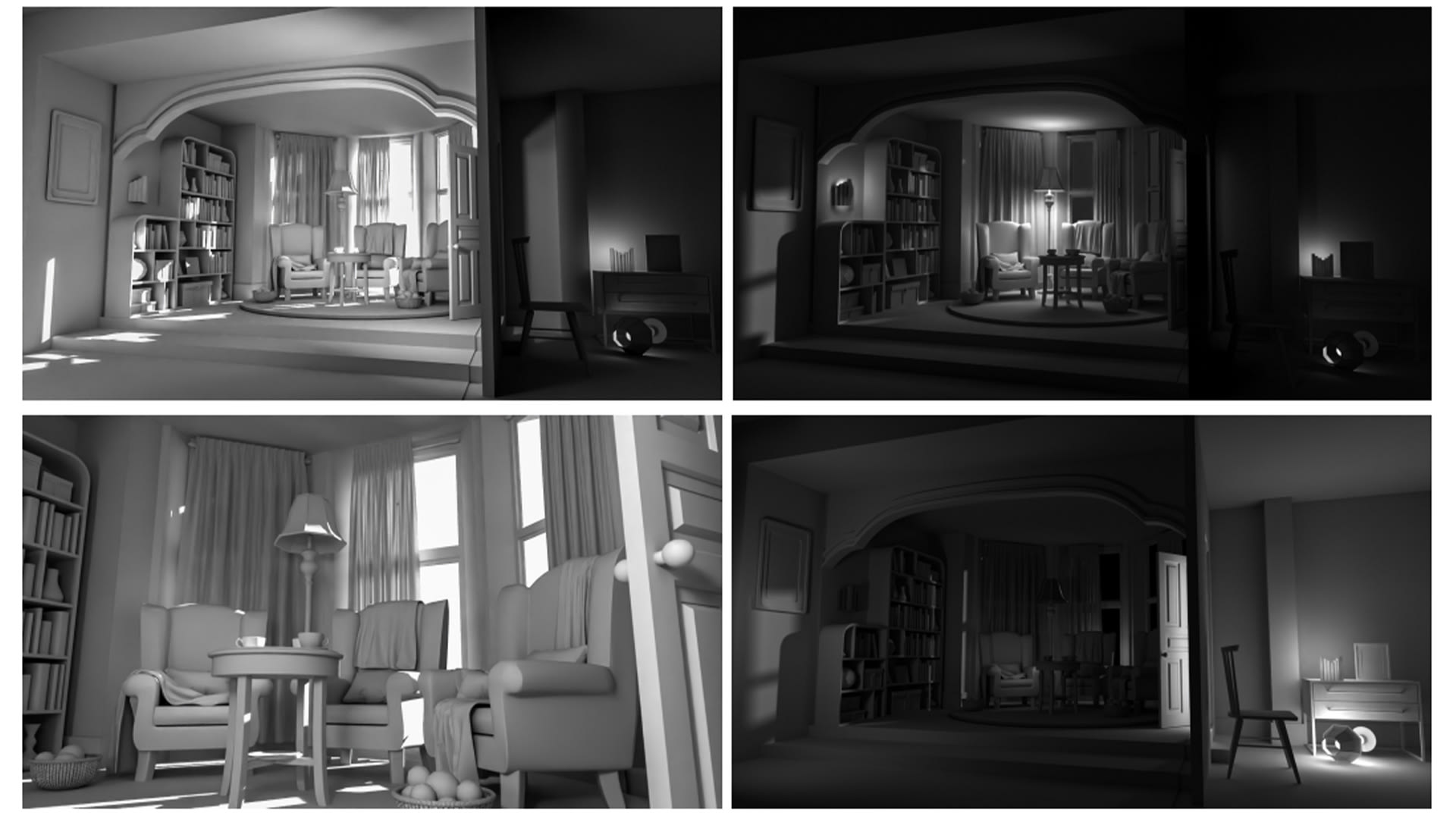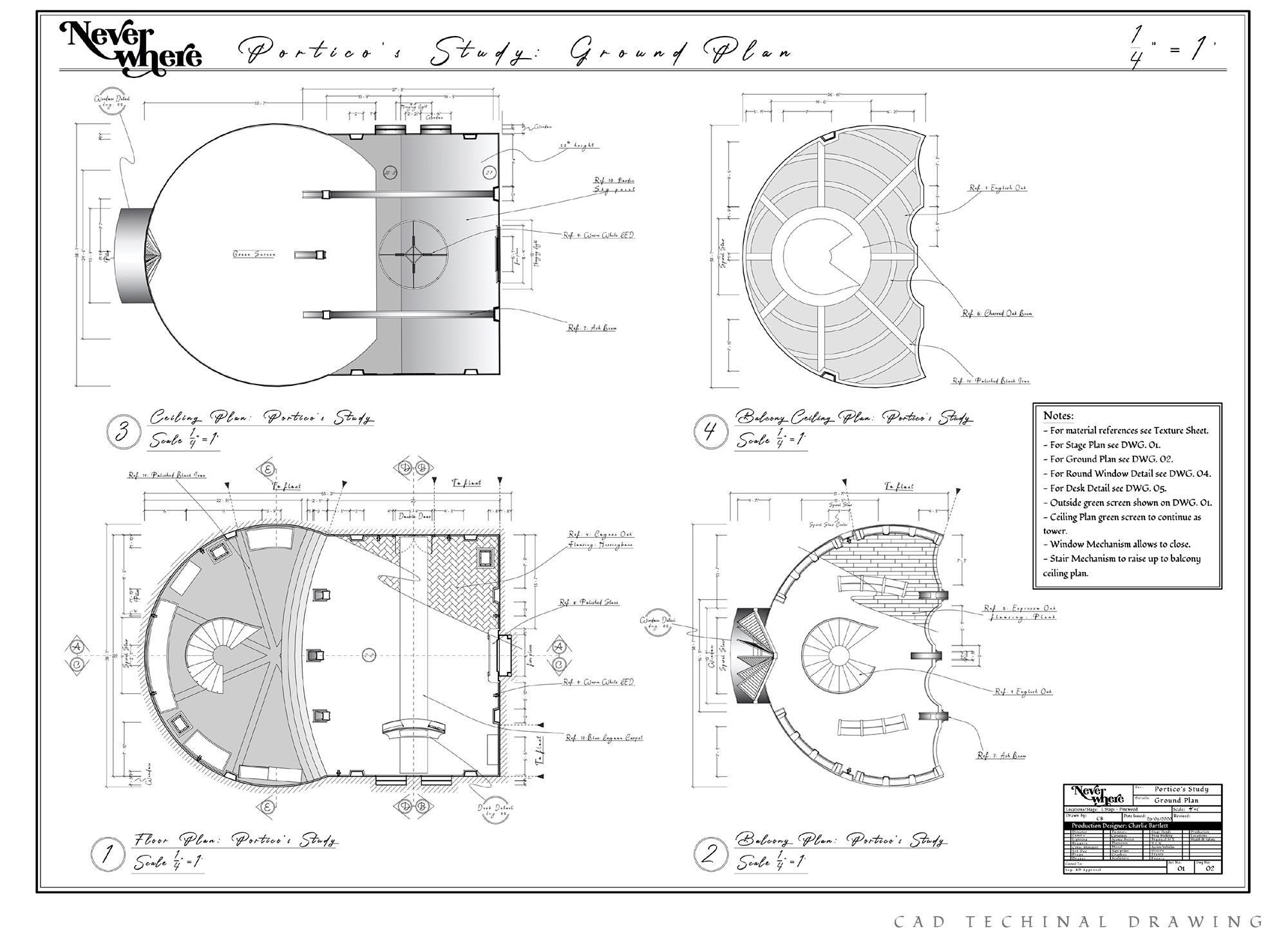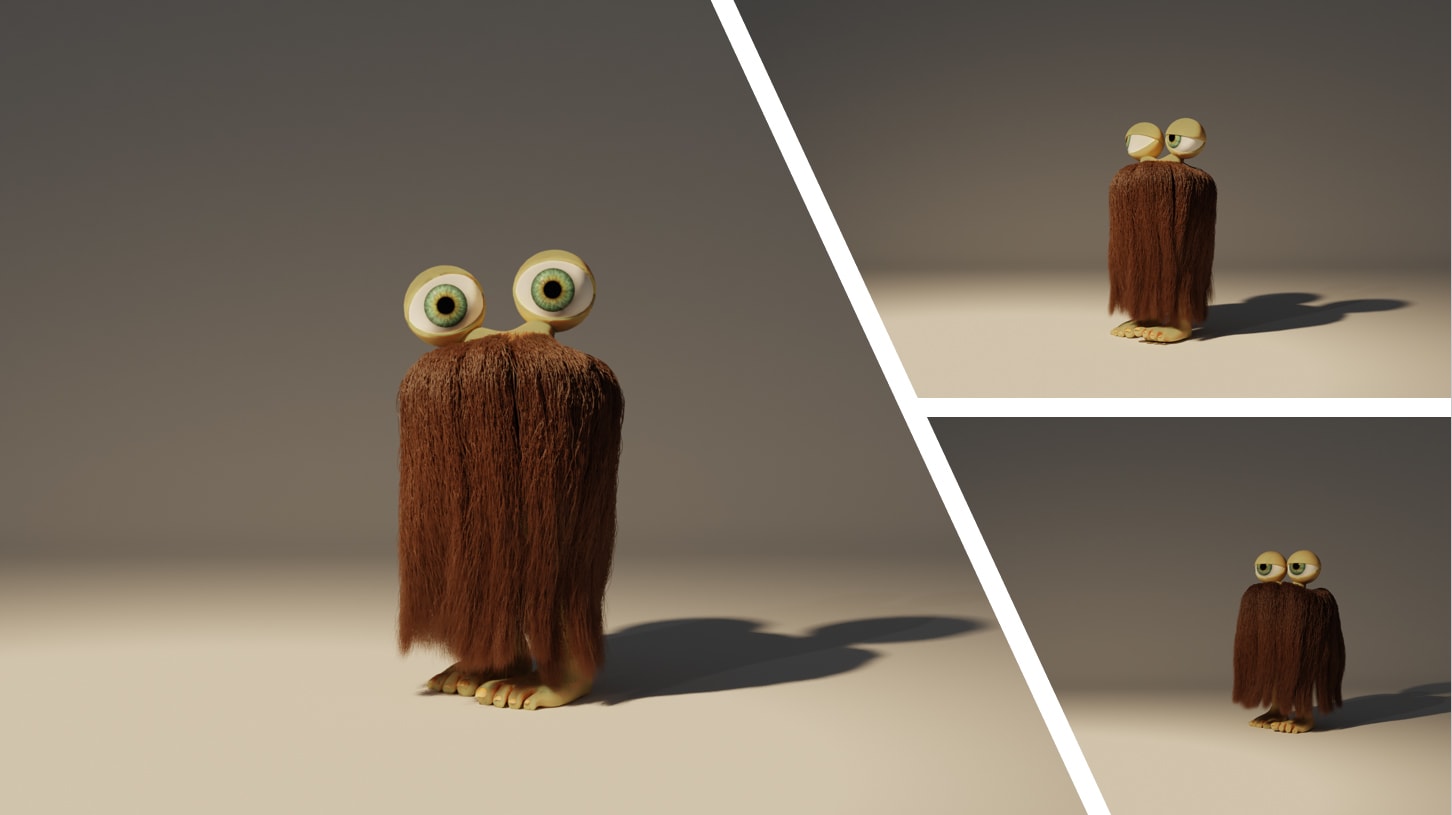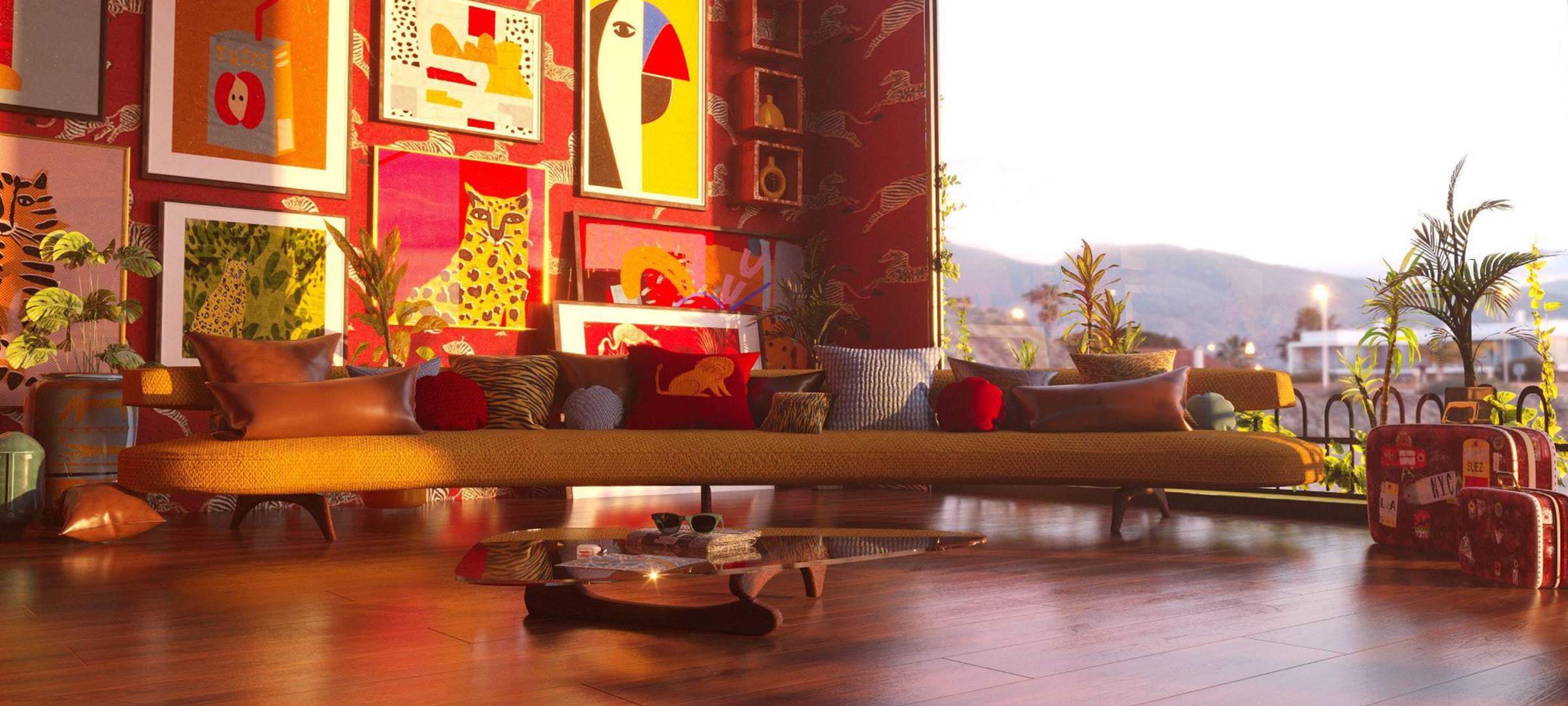Course units
Year 1
Unit 1: Introduction to Production Arts for Screen
This unit is an introduction to your course, the College and the University.
Unit 2: Designing and making
This unit will introduce you to a broad range of skills and techniques in production arts. These may include scale and perspective drawing, anatomical studies and introductory software workshops.
Unit 3: Designing and staging
You will learn skills and techniques for communicating ideas through storyboarding and animatics, including digital layout techniques for cinematic pre-visualisation.
Unit 4: Exploring ideas
The emphasis of this unit will be on realising a narrative through the designing and making of an animated piece using either CGI methods or 2D drawn animation methods.
Unit 5: Where are we? Building the future
This unit will introduce you to concept art for screen-based media. You will design a futuristic space and visualise it either within a CG environment, through the creation of a physical model or a combination of both.
Year 2
Unit 6: Conceptualising ideas
You will develop your skills further in Adobe Photoshop, object design, environment design and perspective studies. You will utilise hard surface 3D models and incorporate these into advanced concept design and matte painting.
Unit 7: Collaborative and collective practices
You will be introduced to different ways in which collaborative working can help you to focus and enhance your own creative strengths. You’ll have the chance to work with fellow students and creative communities.
Unit 8: Who in the world?
Unit 8 is about learning to understand the creative and technical aspects of CGI software. You will look at advanced character, environment concept and design, digital sculpting, organic and hard surface modelling and character set up within CGI software. You’ll learn about the integration of digital and physical character elements into cinematic, interactive or VR and augmented reality (AR) environments. You’ll also cover design and 3D asset creation for computer games and animation.
Unit 9 - Where in the world?
In this unit you will explore concept design and asset creation within virtual and VR production environments. Using platforms such as Unreal Engine, you’ll also learn about VFX pipelines for cinematic, VR and AR applications.
Year 3
Unit 10: Finding your voice: portfolio design, crafting research skills, career planning
The work generated for your final year project will be self-directed and involve extended pieces of work. The unit has 3 parts: a visual and reflective project known as the research portfolio; a dissertation which can be written, filmed or presented; and the development of a personal profile for potential employment.
Unit 11: Show your work: Independent practice
This final unit enables you bring together all the ideas and learning from the course. You will undertake a major production design, art direction or spatial design project. This might be for a film, television drama, entertainment production, event creation, museum exhibition, digital game, VR or other environment creation for screen. You’ll present your work in the College degree show.
Optional Diploma between Years 2 and 3
Between Years 2 and 3 of the course, you’ll also have the opportunity to undertake one of the following additional UAL qualifications:
Diploma in Professional Studies (DPS)
This optional diploma can be taken between years 2 and 3. With support from your tutors, you’ll undertake an industry placement for a minimum of 100 days/20 weeks. As well as developing industry skills, you’ll gain an additional qualification upon successful completion.
Diploma in Creative Computing
Between years 2 and 3, you can undertake the year-long Diploma in Creative Computing. This will develop your skills in creative computing alongside your degree. After successfully completing the diploma and your undergraduate course, you’ll graduate with an enhanced degree: BA (Hons) Production Arts for Screen (with Creative Computing).
